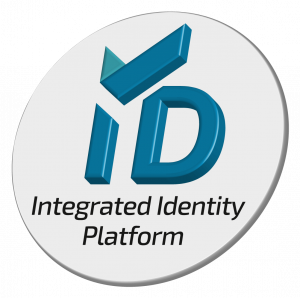When you sign up for services, you probably know you’re giving up some of your data.
Maybe even 800 pages of it.
That’s one app, and that’s not an excessive amount of data to collect. By now, you’ve probably signed up for dozens of apps, profiles, and products. What most people don’t realize is that with each sign-up, you’re creating a new digital identity.
The Illusion of Sovereignty
When you sign up for something, you’re creating an entirely new identity. That identity has information about you, such as contact information, answers to security questions, and possibly billing information as well.
That’s fine, you anticipate giving up that information.
But that service you signed up for is also most likely tracking you across different sites. It could be collecting location data and Facebook likes.
Consider how valuable all of that information would be to a hacker. The more identities you have, the harder is to manage them. That makes it easier it is for hackers to infiltrate one of them and collect all of the according information. It isn’t difficult, particularly considering how lax security is at certain companies.
FREE WHITEPAPER: BLOCKCHAIN, BIOMETRICS, AND OWNING YOUR OWN IDENTITY
Self-Sovereign Identity
Self-sovereign identity could be our own answer to these risks. Self-sovereign identity puts identity in the hands of a user rather than a third-party server somewhere.
Blockchain is one of the proposed technologies for implementing self-sovereign identity. Blockchain is a public ledger hosted on thousands of computers that can’t be altered. It offers privacy and transparency, which is why it could be revolutionary for identity management.
With blockchain, you could only respond to requests for specific information regarding your identity. In other words, you can control what happens with your data and ensure that it isn’t just lying around on a vulnerable third-party server somewhere.
For example, if a travel booking website only needs your passport number and payment information to complete a purchase, then why volunteer a lot of irrelevant information? Blockchain could allow the airline company to request the information that it needs– and only the information that it needs– and then allow you to transmit that information securely.
That way, you know exactly what you’re giving up and to whom, rather than giving away a lot of information wholesale. Moreover, biometrics pair beautifully with blockchain to create a system that authenticates who you are and transmits information securely.
This is important because extraneous information isn’t only annoying to fill into the computer; it also poses more of a security risk to you. The more information that’s available about you on a poorly-secured server, the easier it would be for a hacker to assume your identity.
We haven’t been thinking enough about what parts of ourself we’ve been giving up with our digital identities. Until now, we’ve been giving up pieces of ourselves freely, often to parties who don’t guard our identity. It’s up to us to find ways to guard our identity; if we don’t, no one else will.





